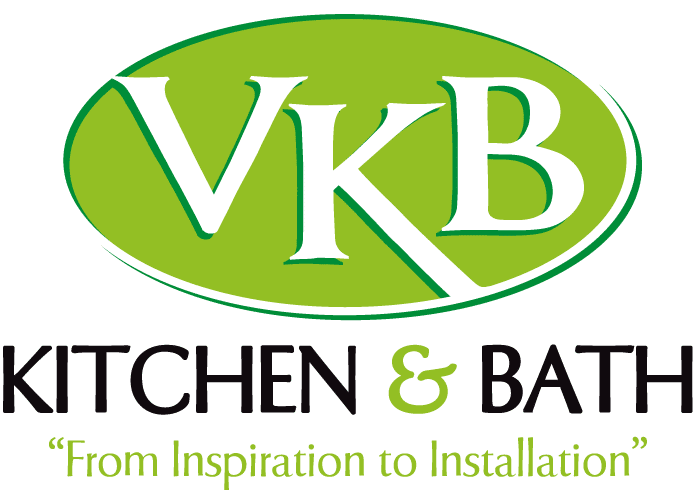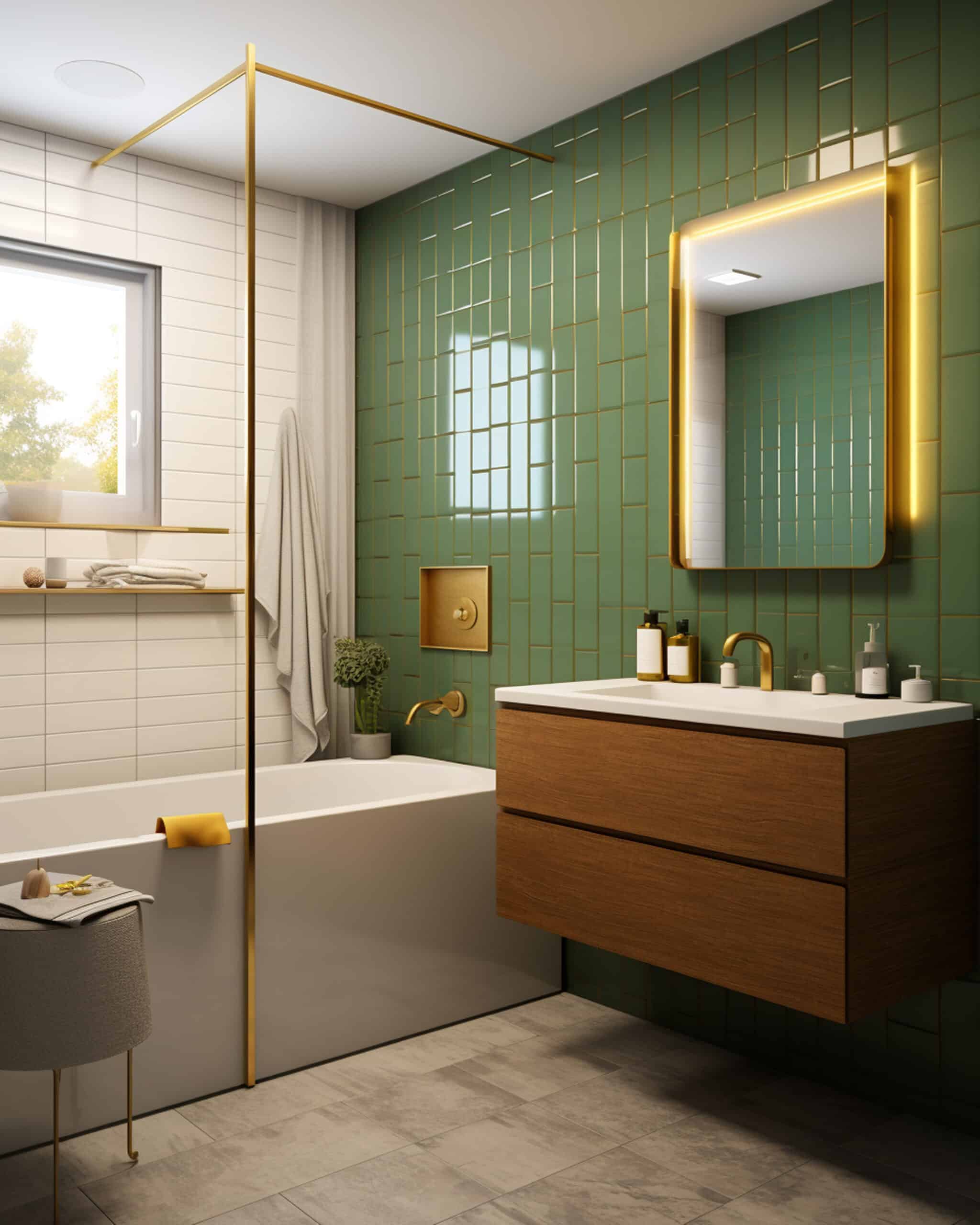When it comes to remodeling your kitchen or bathroom, choosing the right countertop materials can make or break both the look and functionality of the space. From natural stone to engineered surfaces and warm woods, each material has its unique strengths, weaknesses, and care requirements. In this guide, we’ll compare popular countertop materials—including quartz, granite, butcher block, laminate, marble, and more—so you can make an informed decision based on durability, aesthetics, and maintenance.
Countertop Materials to Choose From
Quartz Countertops
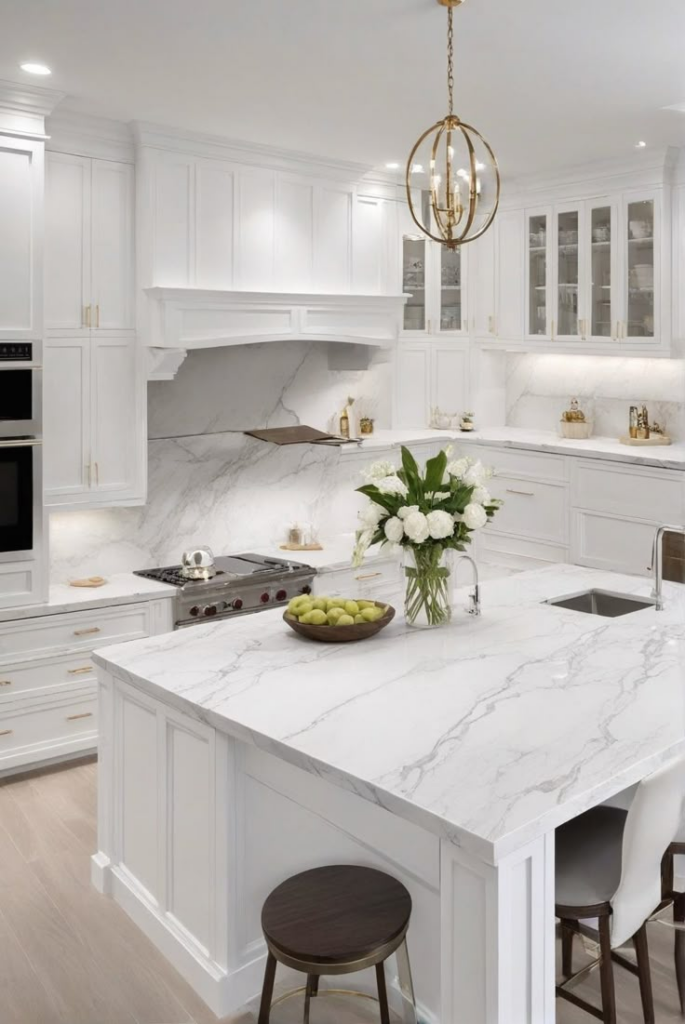
Pros:
- Non-porous and stain-resistant
- Wide variety of colors and patterns
- Requires no sealing
- Extremely durable
Cons:
- Can be damaged by high heat
- Pricey compared to other engineered surfaces
Maintenance Tips:
- Clean with soap and water
- Avoid harsh chemicals
- Always use trivets for hot pots
Granite Countertops

Pros:
- Natural, unique stone patterns
- Heat and scratch resistant
- Long-lasting durability
Cons:
- Needs regular sealing to avoid stains
- Can crack if not properly supported
Maintenance Tips:
- Use granite-safe cleaner
- Reseal every 1–2 years
- Wipe spills immediately
Butcher Block Countertops
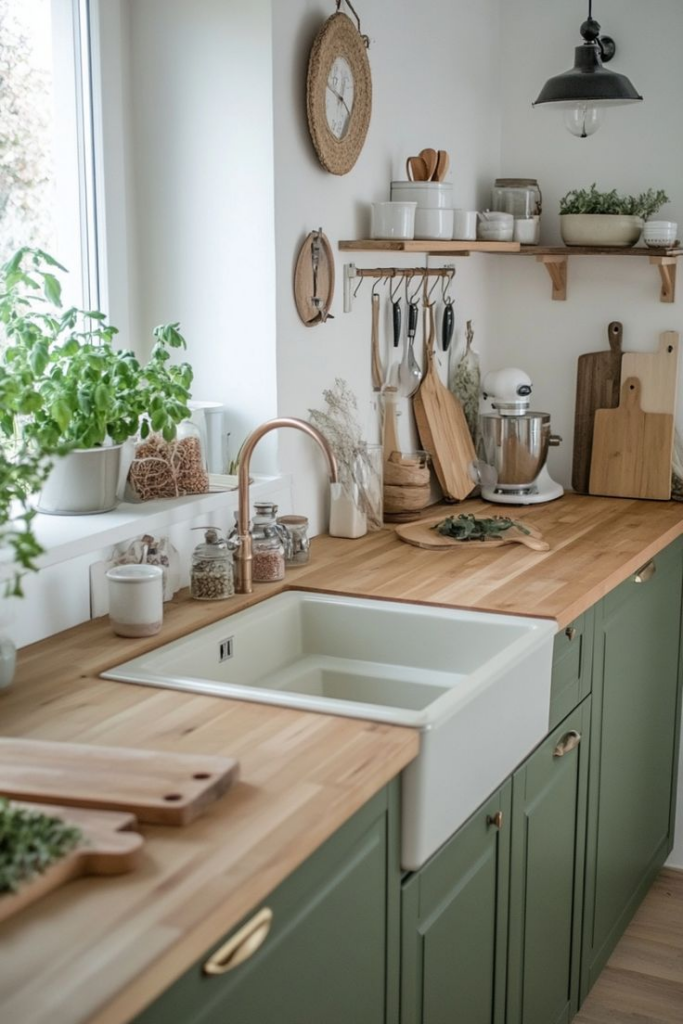
Pros:
- Warm, rustic aesthetic
- Can be sanded and refinished
- Budget-friendly compared to stone
Cons:
- Easily scratched or dented
- Susceptible to water and bacteria
Maintenance Tips:
- Oil monthly with food-safe mineral oil
- Avoid soaking or standing water
- Disinfect with vinegar and water
Laminate Countertops

Pros:
- Very affordable
- Comes in many colors and patterns
- Easy to install
Cons:
- Prone to scratches and burns
- Can peel or warp over time
Maintenance Tips:
- Clean with mild soap and water
- Avoid abrasive sponges and bleach
- Use cutting boards and trivets
Marble Countertops
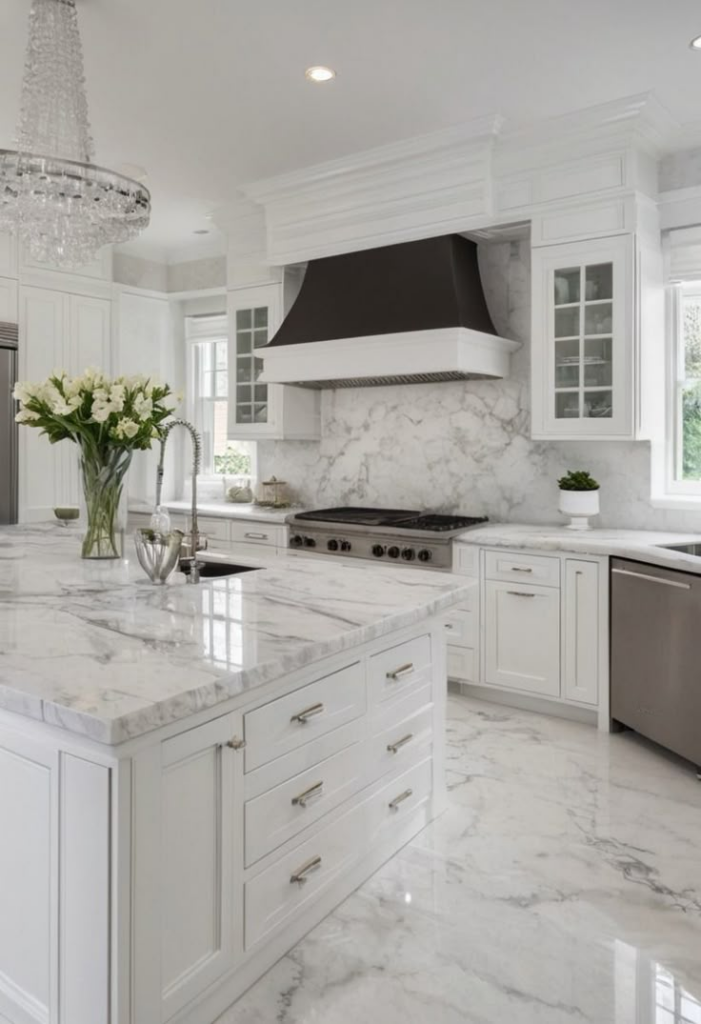
Pros:
- Luxurious, classic look
- Naturally cool—great for baking
- Unique veining
Cons:
- Easily stained or etched by acids
- Scratches more easily than granite
Maintenance Tips:
- Wipe up spills immediately
- Use a pH-neutral cleaner
- Seal regularly to reduce staining
Concrete Countertops

Pros:
- Customizable shapes and colors
- Industrial, modern look
- Durable and heat resistant
Cons:
- Can crack over time
- Must be sealed frequently
- Heavy—may need structural support
Maintenance Tips:
- Seal every 1–3 years
- Use non-acidic cleaners
- Avoid dragging heavy items
Solid Surface (e.g., Corian)
Pros:
- Seamless appearance
- Repairable surface (can sand out scratches)
- Mold and mildew resistant
Cons:
- Not heat-resistant
- Scratches and dents easily
Maintenance Tips:
- Clean with a mild household cleaner
- Use trivets and cutting boards
- Buff out minor scratches
What is the Best Countertop Material for You?
Choosing the best countertop materials depend on your style, budget, and how much effort you’re willing to put into maintenance. Quartz is perfect for those who want beauty with low upkeep. Granite offers natural elegance and durability. Butcher block brings warmth but needs frequent care. Meanwhile, laminate and solid surface are budget-friendly and versatile, while marble and concrete cater to luxury and industrial aesthetics.
Whatever your priority—durability, design, or ease of cleaning—understanding the pros and cons of each material will help you find the perfect match for your kitchen or bathroom. Let this guide to countertop materials serve as your starting point.
